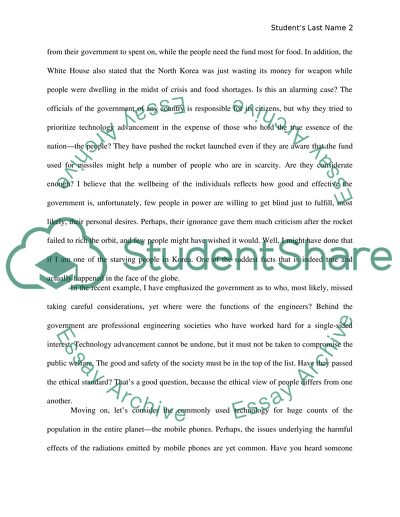Cite this document
(“How the Engineers Consider the Public Welfare Essay”, n.d.)
How the Engineers Consider the Public Welfare Essay. Retrieved from https://studentshare.org/sociology/1595072-technology-and-society
How the Engineers Consider the Public Welfare Essay. Retrieved from https://studentshare.org/sociology/1595072-technology-and-society
(How the Engineers Consider the Public Welfare Essay)
How the Engineers Consider the Public Welfare Essay. https://studentshare.org/sociology/1595072-technology-and-society.
How the Engineers Consider the Public Welfare Essay. https://studentshare.org/sociology/1595072-technology-and-society.
“How the Engineers Consider the Public Welfare Essay”, n.d. https://studentshare.org/sociology/1595072-technology-and-society.


